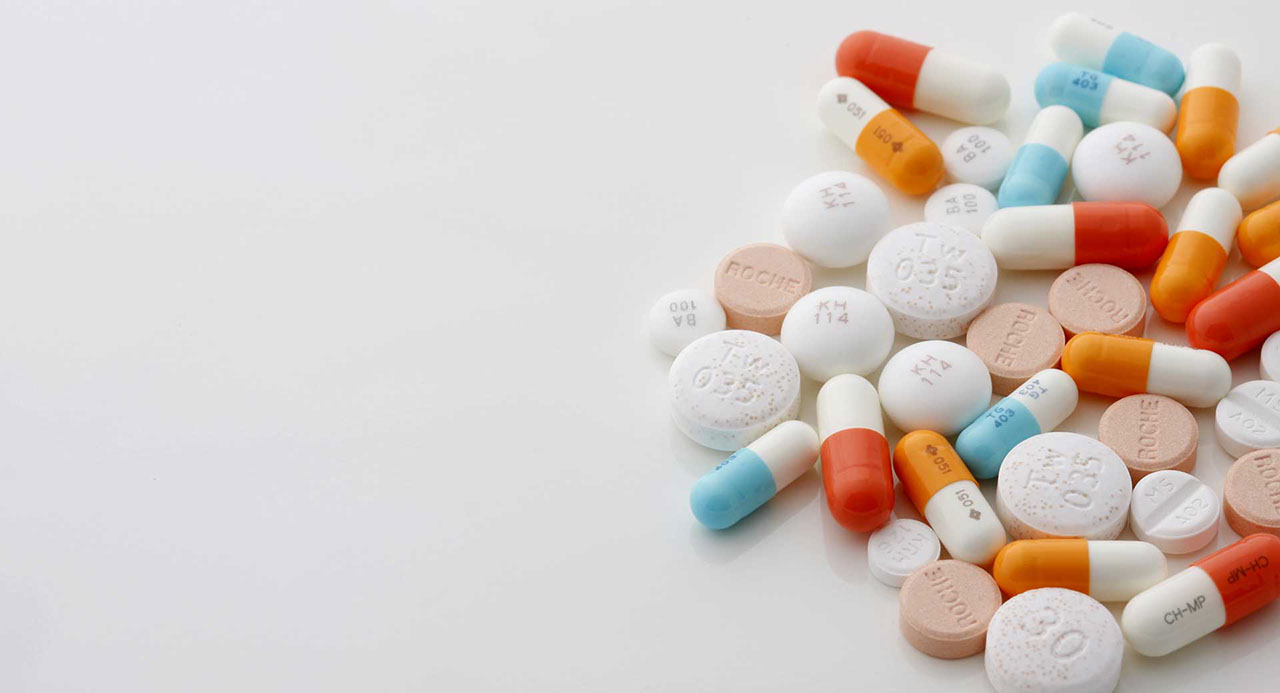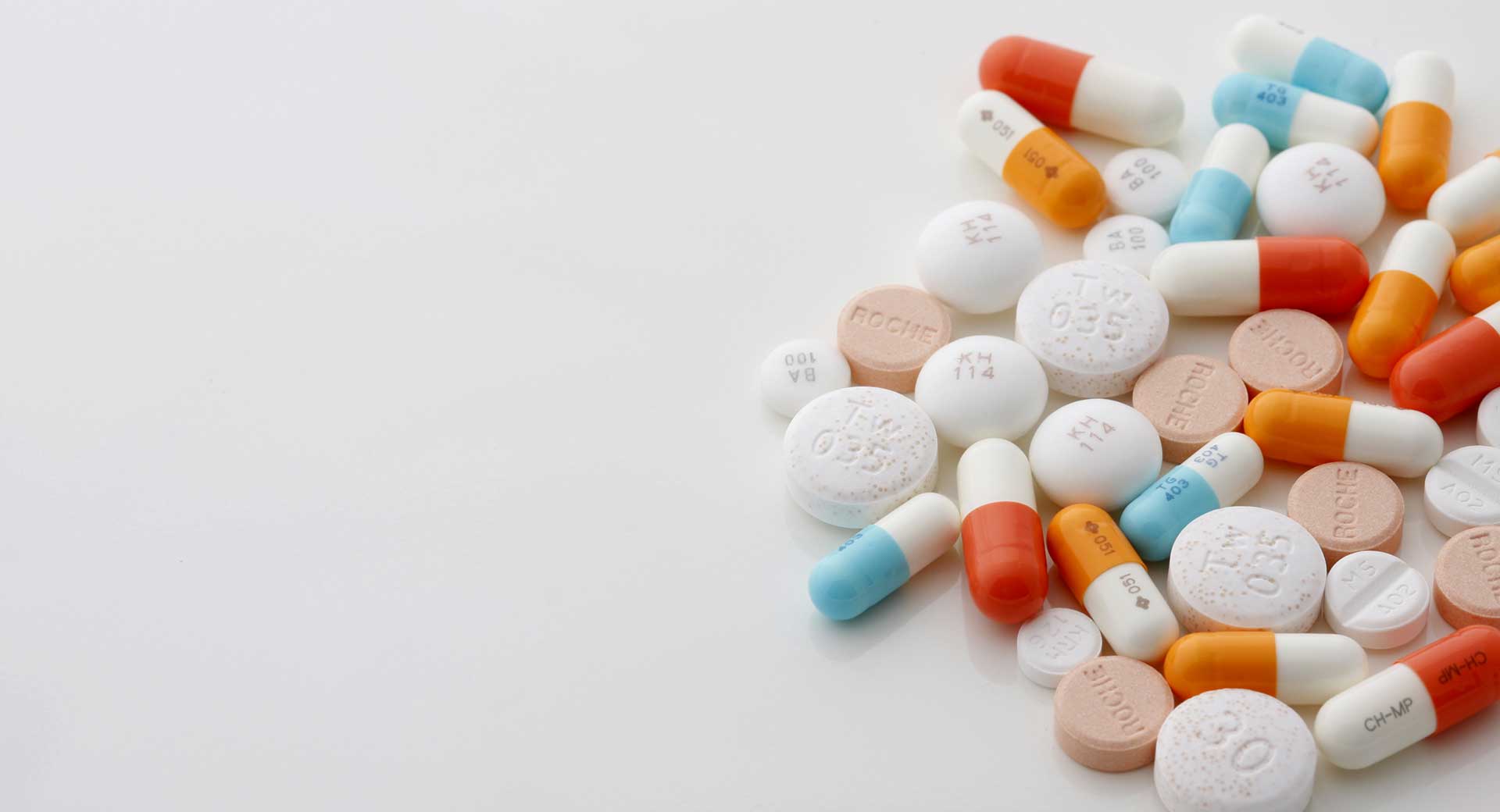Everyday is Drug Disposal Day
If you have medicine that you no longer use, you should dispose of it. Depending on the type of medicine you have different options to throw them away.
Drug Take Back Sites
Any medication will be accepted. This is the first and best way to throw away medicines. Many towns have several locations available for easy, safe, and private disposal.
Flushing Medicines
If you can't get to a drug take back site, you need to ask yourself “What kind of medicine am I throwing away?” Certain dangerous controlled medicines like oxycodone, hydrocodone, and morphine should be flushed, check the FDA flush list to see if you should flush your medicine.
The FDA considered concerns about the environment when flushing medicine. That is why flushing is only recommended for a few high-risk medicines. For these medicines, the risk to the wrong person taking it is higher than the risk to the environment.
Disposing in the Trash
Medicines not on the FDA flush list–can be thrown away in the trash by following these steps:
- Take the drugs out of their container and mix them with used coffee grounds, dirt, or cat litter.
- Put the mixture in a container (sealed bag or plastic tub with a lid) that will prevent the drug from spilling out. Throw the container in the garbage.
- Cross out your name on the empty medicine packaging to protect your identity and privacy. Throw the packaging away.
For more information, visit the Department of Health and Human Services' Drug Disposal resource page. Also, if you have a question about your medicine, ask your health care provider or pharmacist.
Why It Matters
Kids, pets, family and friends can get into medicine accidentally or on purpose. This can lead to serious problems including overdose.
Drug Utilization Management
Independent Health’s Drug Utilization Management program improves safe access to medications while addressing specific patient safety concerns. When you fill a prescription, our system identifies drug related problems and notifies the pharmacist before they dispense the medicine. Some potential problems we screen for are:
- Interactions between drugs – even prescriptions filled at separate pharmacies
- Duplications of medications – when a patient is receiving two or more very similar drugs, one may have been prescribed by a specialist unaware that the primary care doctor was already prescribing the other
- Dosage outside of the norm
- Drugs that should be avoided during pregnancy
- Drugs that may not be appropriate based on age or gender
Independent Health also monitors prescription profiles after they've been dispensed and will notify affected patients and physicians when:
- The Food and Drug Administration (FDA) releases new safety concerns about a particular drug
- Drug recalls occur
- Over or under use of a medication is identified
- Drug abuse or misuse is identified as a concern
Disclaimers
Independent Health is a Medicare Advantage organization with a Medicare contract offering HMO, HMO-SNP, HMO-POS and PPO plans. Enrollment in Independent Health depends on contract renewal.
Y0042_C7173
Last Updated 1/2/2025

